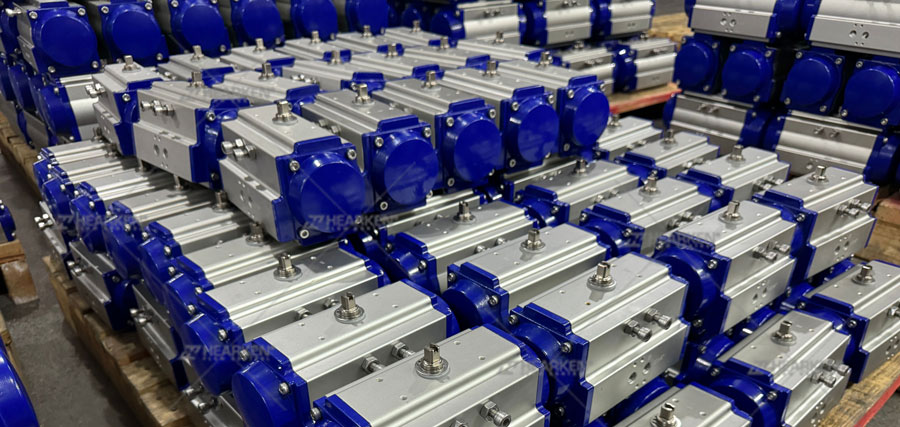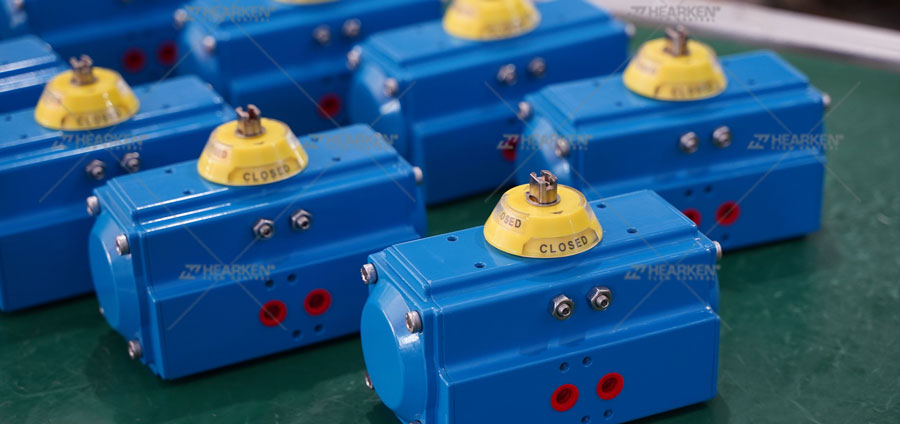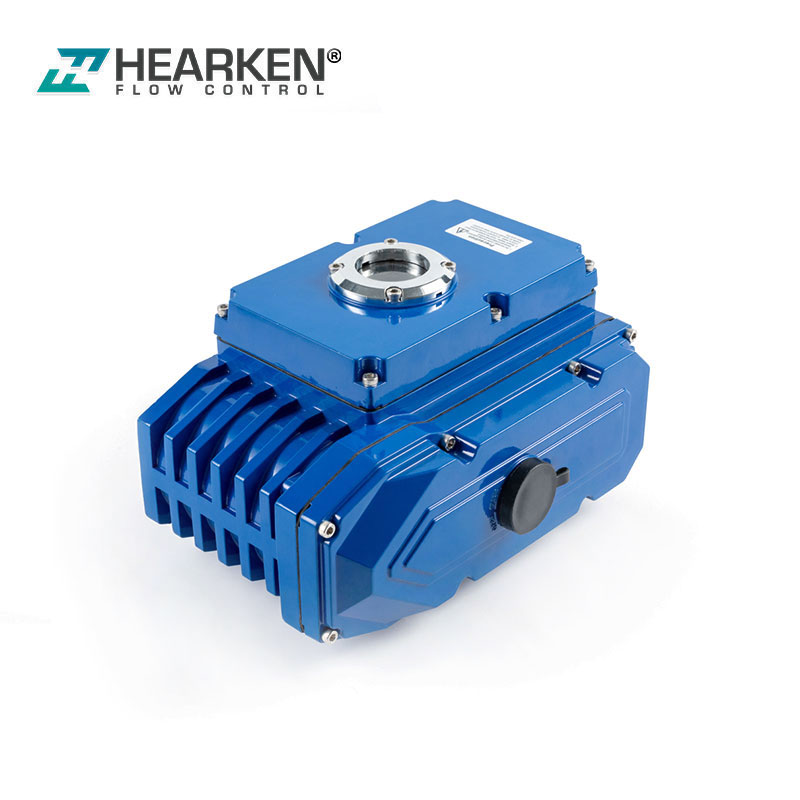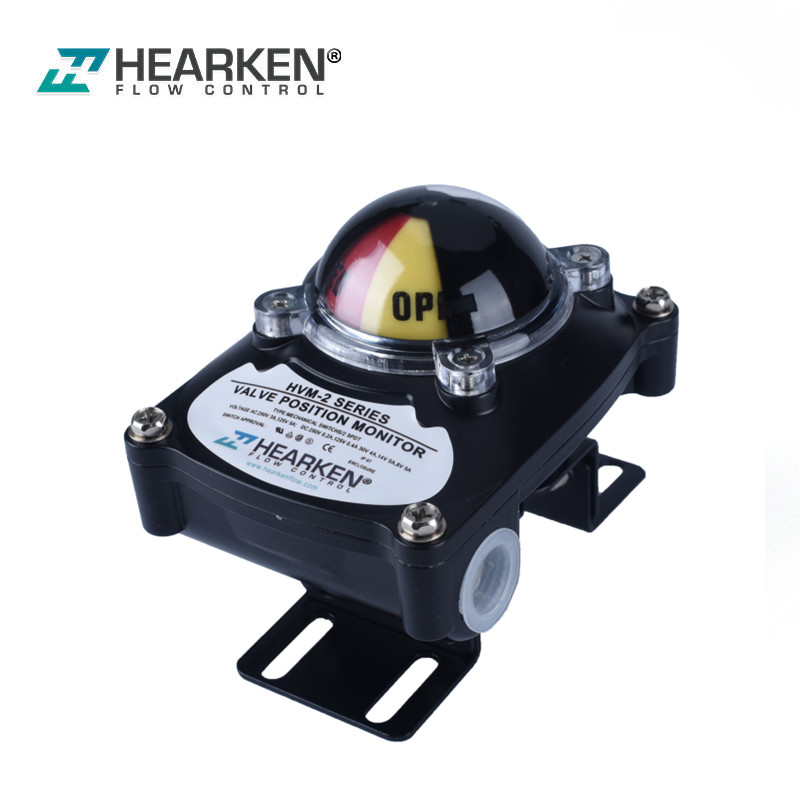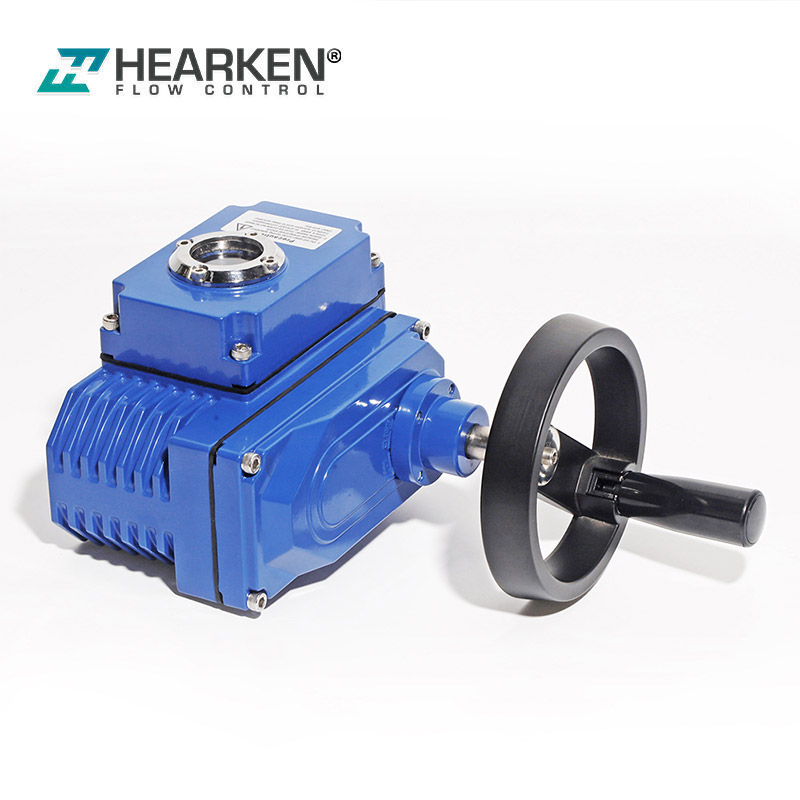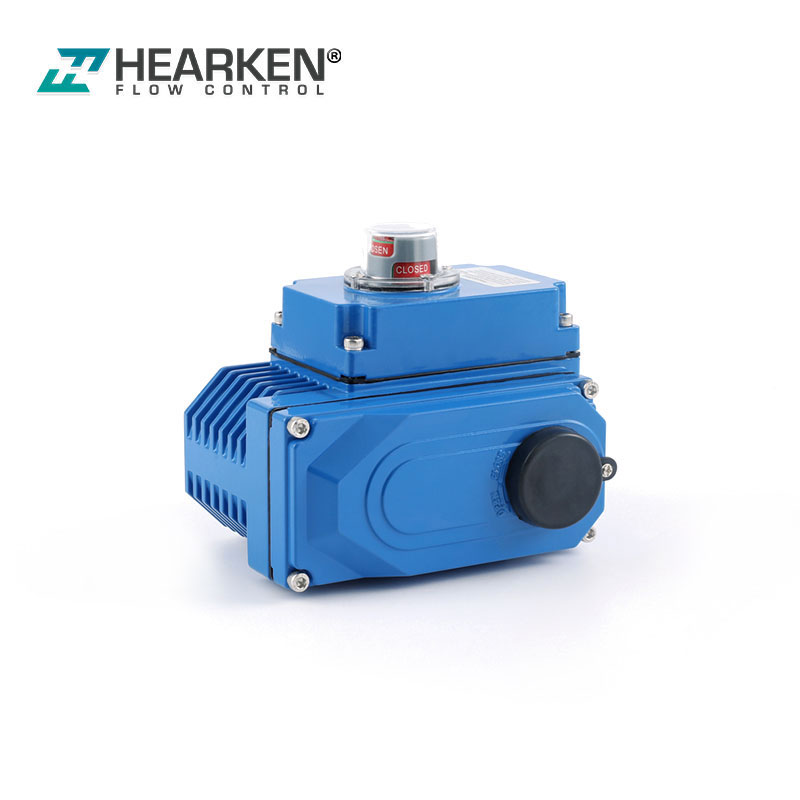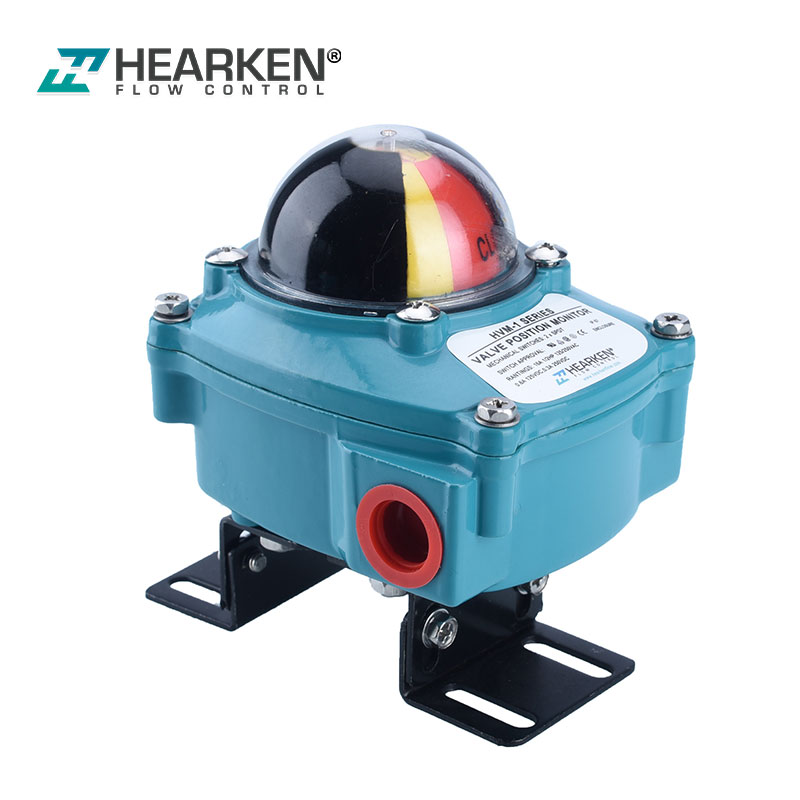Understanding the Functionality and Benefits of Pneumatic Actuator
Pneumatic actuator provide significant advantages in industrial automation, contributing to efficiency and reliability. Their ability to convert compressed air into mechanical movement allows for rapid response times, making them ideal for high-speed tasks in various industries.
These actuators function well in a range of environments, handling conditions that may be challenging for electric or hydraulic alternatives. Moreover, the simplicity of their design leads to lower maintenance demands and costs, enhancing uptime and overall productivity. As industries increasingly seek automation solutions that drive performance, pneumatic actuator are well-positioned to play a vital role in these advancements.
Key Features of Pneumatic Actuator and Their Industrial Applications
Pneumatic actuator are widely recognized for their ability to convert compressed air into mechanical motion. Their core feature is the rapid response time, which is crucial in applications requiring swift action. Additionally, they are relatively lightweight and compact, making them suitable for various settings where space is limited.
In industrial applications, pneumatic actuator find use in sectors such as manufacturing, automotive, and food processing. Their role in automation systems is emphasized by their ability to operate reliably under harsh conditions. The table below highlights some common applications alongside their specific features:
|
Industry |
Application |
Key Features |
|
Manufacturing |
Robotic assembly |
High speed and precision |
|
Automotive |
Paint spraying systems |
Consistent performance under varying loads |
|
Food Processing |
Packaging machinery |
Compliance with hygiene standards |
These actuators contribute significantly to efficiency by minimizing downtime through effective control of fluid movements. Their operational versatility enhances processes such as clamping, lifting, and turning tasks in distribution and production lines.
As industries increasingly incorporate automation for enhanced productivity, pneumatic actuator remain a vital component thanks to their unique capabilities.
Exploring the Efficiency of Pneumatic Actuator in Automation Systems
Pneumatic actuator are pivotal in enhancing the efficiency of automation systems. By converting compressed air into mechanical motion, they provide rapid and precise movement, making them essential in industries such as manufacturing and packaging. Their ability to operate at high speeds with minimal delay contributes significantly to streamlined processes and improved cycle times.
Additionally, pneumatic actuator are lightweight and simple in design, which simplifies installation and reduces maintenance needs. This leads to increased uptime in production systems. Moreover, their performance isn't hindered by electrical hazards or moisture, making them suitable for various environments.
In essence, the integration of pneumatic actuator in automation not only boosts productivity but also enhances safety and reliability across industrial applications.
Advantages of Utilizing Pneumatic Actuator in Modern Engineering
Pneumatic actuator offer numerous advantages that make them vital in modern engineering. Their ability to provide rapid and precise motion control is highly valued across various applications. Due to their design, these actuators can operate effectively in harsh environments, where electric or hydraulic systems may struggle. This makes them suitable for industries such as manufacturing, food processing, and pharmaceuticals.
Additionally, pneumatic actuator generally require less maintenance, resulting in lower operational costs over time. Their lightweight nature also allows for easier integration into existing systems without affecting the overall structure significantly. Moreover, the simplicity of their design contributes to increased reliability, minimizing the risk of failure and enhancing overall productivity for engineering projects.
How Pneumatic Actuator Enhance Reliability Across Various Industries
Pneumatic actuator play a crucial role in enhancing reliability across numerous industries by providing consistent and precise movement control. These devices convert compressed air into mechanical work, ensuring that operations run smoothly and efficiently.
In manufacturing and assembly lines, pneumatic actuator can handle repetitive tasks with high accuracy, reducing the risk of errors associated with manual operations.
Moreover, their ability to function effectively in harsh environments adds to their reliability, as they are less susceptible to damage from dust or moisture compared to electric actuators.
Industries such as automotive, food processing, and pharmaceuticals benefit from the quick response times of pneumatic systems, allowing for faster production rates while maintaining stringent quality standards.Furthermore, their simple design promotes easy maintenance and lower costs, making them a favored choice for engineers aiming to optimize reliability in automation processes.
Conclusion
Pneumatic actuator stand out in the landscape of industrial automation due to their efficiency and reliability. By leveraging compressed air for motion control, they streamline operations across a variety of applications.Their compact design and rapid response capabilities allow them to operate effectively even in demanding environments, making them a preferred choice in sectors such as manufacturing and food processing.Moreover, their ability to maintain performance under adverse conditions ensures consistent production quality.
With minimal maintenance requirements, pneumatic actuator contribute to lower operational costs while maximizing productivity. As industries continue to evolve towards greater automation, the role of pneumatic actuator in enhancing efficiency and reliability remains pivotal.
Take action now to enhance the performance of your automation systems!
Contact our expert technical team today for customized solutions and detailed product information!

